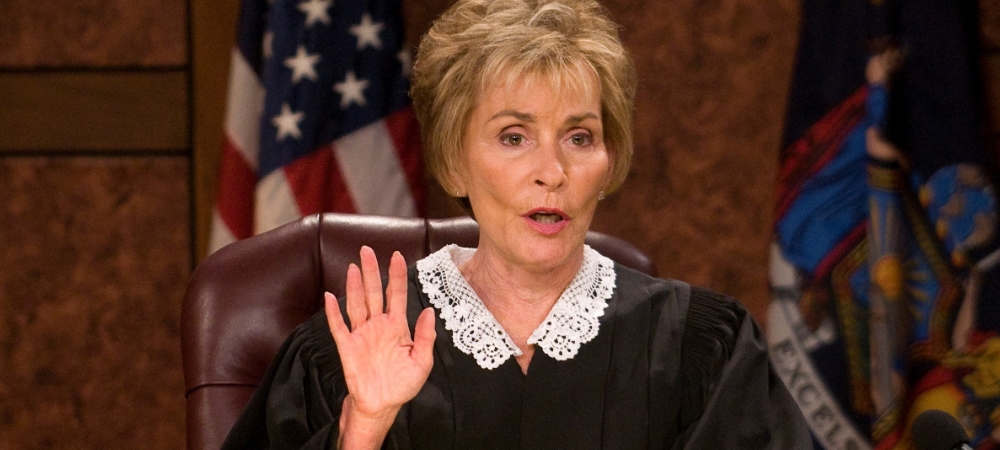Bad luck for some developers
Since 2007, the Electronic Frontier Foundation has been in a legal battle with Universal. Lenz v. Universal was filed because of Universal throwing a DMCA takedown notice on a family video of a child dancing to Prince’s Let’s Go Crazy.
In 2008, it was found that Universal had given the takedown notices in bad faith, meaning instead of considering fair use, they just blanket-removed any of Prince’s music from YouTube. After this, there were many years of appeals from Universal, but it was announced by the EFF yesterday that the Ninth Circuit has reaffirmed the original ruling.
For those not in America, the Ninth Circuit is the Court of Appeals for a number of States, including California where the case was taking place.
What this means is that one of the most powerful courts in America has reassessed the case, and found that before giving any sort of takedown notice on a video, the copyright holder must consider fair use of their content.
Fair use is an umbrella term for a range of different types of content that are allowed to use other people’s work in some way. In the US, this includes critique, commentary, criticism, parody, educational value, and other things. There’s no strict definition of “fair use”, and there have been loads of legal battles over the years trying to hammer out what exactly it encompasses.
Basically, it’s a confusing clusterfuck that up until now often worked in the copyright holder’s favour. I’m not a lawyer — I write about video games — so take a read of Stanford University’s page on it if you want to know more.
Talking about the ruling, the EFF’s Legal Director Corynne McSherry said:
Today’s ruling sends a strong message that copyright law does not authorize thoughtless censorship of lawful speech. We’re pleased that the court recognized that ignoring fair use rights makes content holders liable for damages.
For gaming, this potentially means a big thing. Companies like Nintendo who have been notorious for taking down or claiming videos, might have to consider that maybe they don’t have the right to do so before they do it, as opposed to the practice of blanket and automatic takedowns. It makes it much more time-consuming having to consider each video before removing it, which is great news for YouTubers.
If this ruling is enforced, it means videos that are taken down due to copyrighted content may have actually been removed in bad faith. It also mean that shady developers removing critique of their games are going against the rulings of a court and could potentially be in big trouble if challenged on it.
All of this assumes that anyone will be able to actually enforce it, and it assumes that videos of games are going to be taken seriously by a court. This ruling also more specifically applies to videos being removed from YouTube, and not a Content ID match where the advertising revenue is given to the company claiming some content in the video as theirs. There are more ways for a company to screw over YouTubers than a copyright strike.
But this still could be the start of companies having less control over how people talk about games, which is always a good thing in my book.


